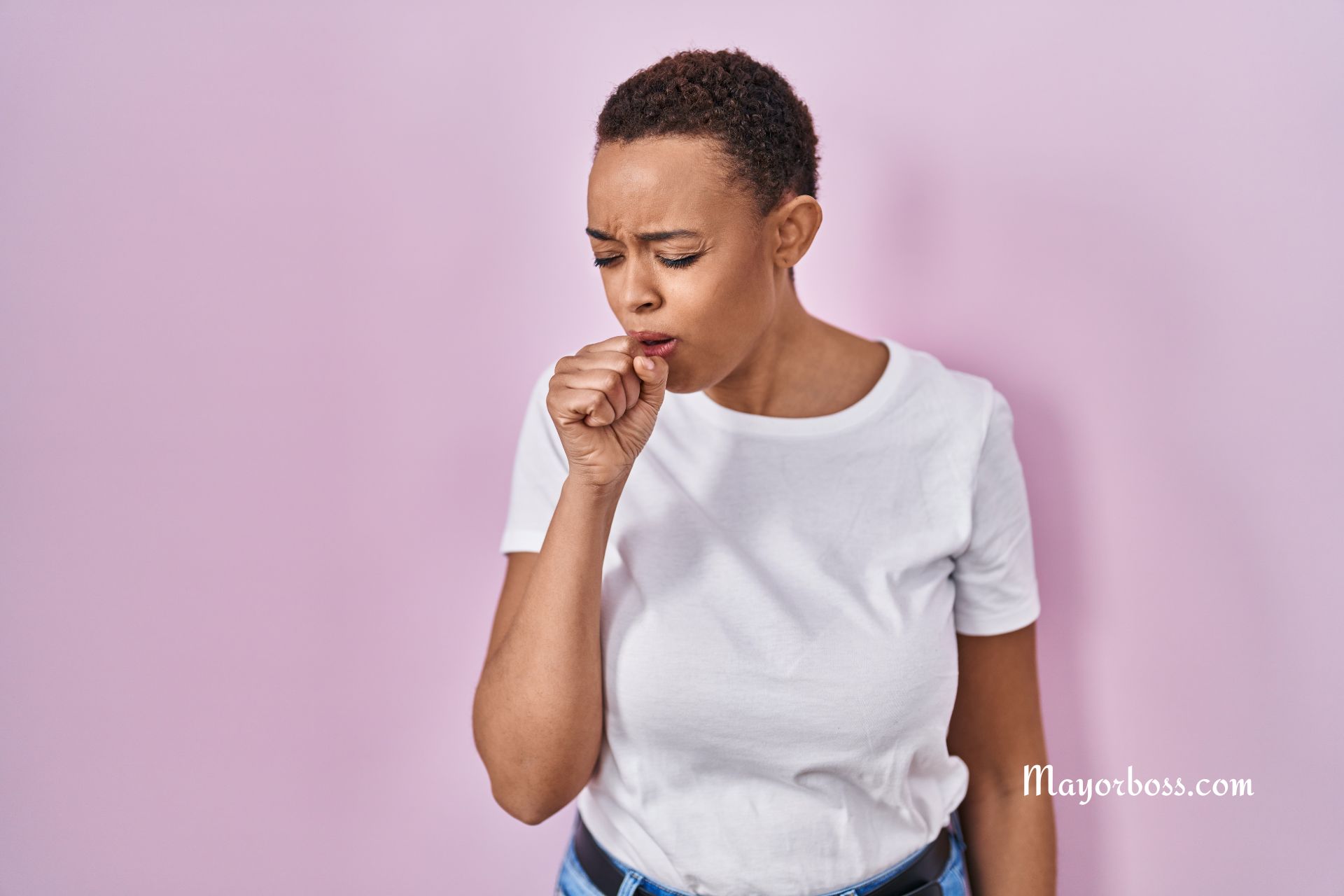What It Means When You Cough Immediately After Drinking Water
Have you ever taken a sip of water only to start coughing immediately afterward? It can be surprising and maybe a bit worrying, too. This response isn’t uncommon, but it often leaves us puzzled: why would something as harmless as water cause such a reaction?

Understanding the Cough Reflex
Firstly, coughing is your body’s natural way to clear your throat and airways. When you cough after drinking water, it’s often because the water went down the “wrong pipe.” Technically, there are two “pipes” in your throat: one for food and liquids (the esophagus) and one for air (the trachea). The flap that covers your airway as you swallow, known as the epiglottis, sometimes doesn’t close quickly enough. As a result, water can accidentally enter your airway, triggering a cough to expel it and prevent it from going into your lungs.
Common Causes of Coughing When Drinking Water
1. Drinking Too Quickly
If you drink water too rapidly, you might not swallow it properly. This increases the chance of water entering your airway, leading to coughing. Slowing down and taking smaller sips can help prevent this.
2. Distraction While Drinking
Talking or being otherwise distracted while drinking can interfere with the coordinated action of your swallowing mechanism. This can occasionally result in water slipping into your airway, causing you to cough.
3. Acid Reflux
For some, coughing after drinking water can be a symptom of acid reflux. Here, the acid from your stomach flows back up into your esophagus. This can irritate your esophagus and throat, making them more sensitive to stimuli, including water.
4. Throat or Esophageal Conditions
Conditions affecting the throat or esophagus, such as infections, allergies, or esophageal strictures (narrowing of the esophagus), can make swallowing difficult and increase the likelihood of coughing when you drink.
5. Respiratory Conditions
People with certain respiratory conditions, like asthma or chronic obstructive pulmonary disease (COPD), may cough more often when drinking water. This is due to the heightened sensitivity of their airways.
When to See a Doctor
Occasional coughing when drinking water usually isn’t a sign of something serious. However, if you notice that you’re consistently coughing every time you drink or if coughing is accompanied by other symptoms such as difficulty swallowing, pain, frequent choking on water, or significant weight loss, it’s important to consult with a healthcare professional. They can help determine if an underlying condition is causing your symptoms.
How to Prevent Coughing After Drinking
To minimize the chances of coughing after drinking water, try these tips:
- Drink slowly and avoid distractions.
- Stay upright while drinking; don’t recline.
- If you suspect acid reflux is to blame, avoiding spicy and acidic foods might help.
- For those with dysphagia, consulting with a speech therapist for swallowing exercises could be beneficial.
FAQs
Why do I cough more when drinking cold water?
Coughing after drinking cold water might occur because the cold temperature can shock your throat and airways, leading to a temporary tightening and triggering a cough. Opting for room temperature water can help avoid this reaction.
Could coughing when drinking water be a sign of COVID-19?
While COVID-19 can cause coughing, it’s highly unlikely that coughing, specifically when drinking water, is related to COVID-19. If you’re experiencing other symptoms like fever, shortness of breath, or loss of taste and smell, getting tested for COVID-19 would be wise.
Is it normal for children to cough when drinking water?
Yes, it’s quite normal, especially as they’re learning to drink from a cup. However, if your child frequently coughs when drinking or shows signs of distress, checking in with a pediatrician is advisable.
Coughing when drinking water is usually a benign occurrence caused by a minor mishap in swallowing. However, consistently experiencing coughing when drinking water, especially if accompanied by other symptoms, warrants a visit to a healthcare professional.
